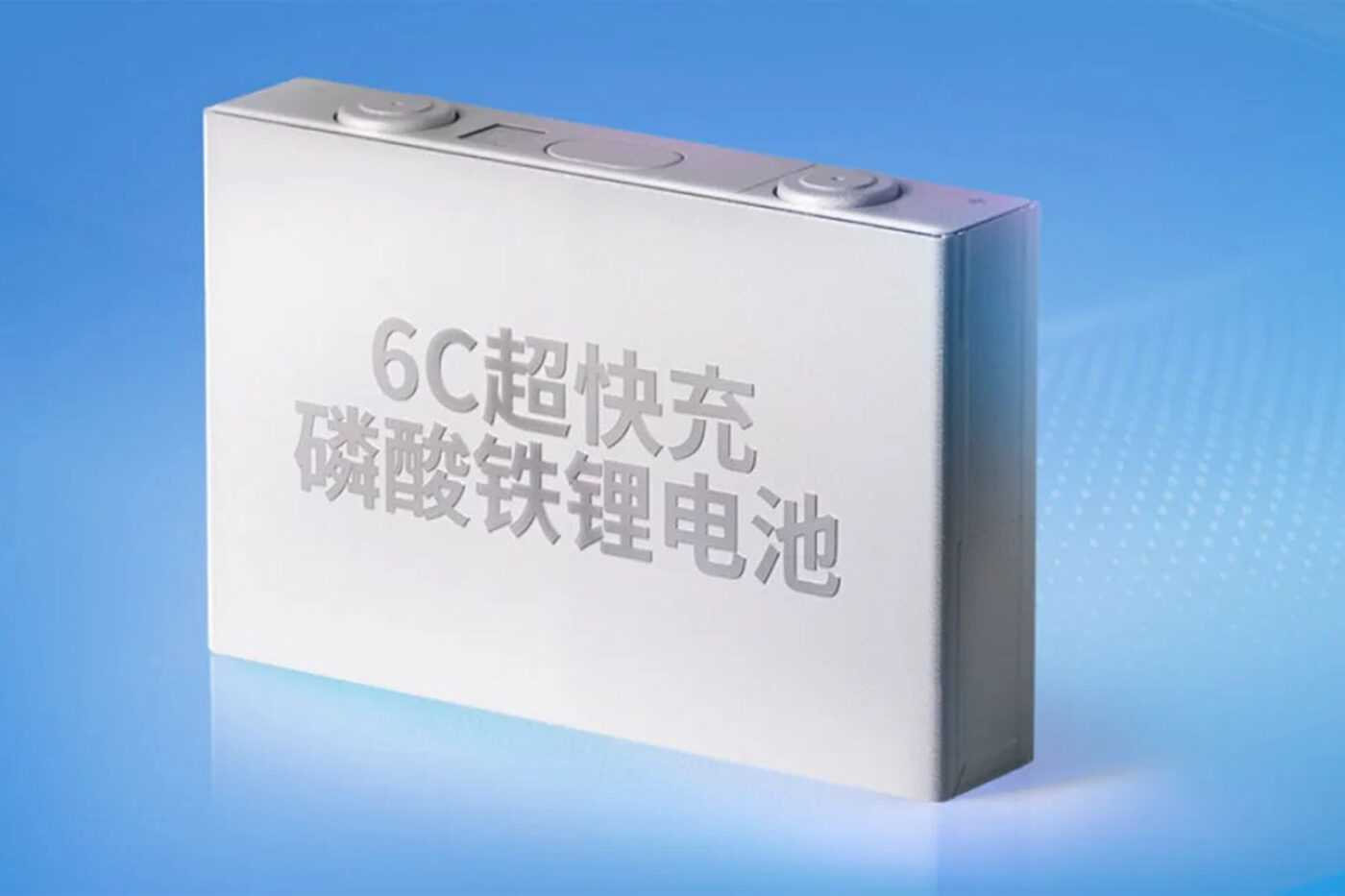China Tightens Grip on Battery Tech: Export Controls on Cathode Material Spark Global Concerns

Beijing has significantly escalated its control over critical battery technology, adding the preparation methods for battery cathode materials to its list of restricted exports. This move, announced recently, directly impacts the production of Lithium Iron Phosphate (LFP) and other related materials, sending ripples of concern throughout the global battery supply chain.
Why is this a big deal? Cathode materials are a crucial component of lithium-ion batteries, the power source for everything from electric vehicles (EVs) to smartphones and energy storage systems. China currently dominates the global market for LFP cathode materials, a cornerstone technology for affordable and reliable EV batteries. This new export restriction effectively limits access to the technology needed to manufacture these materials, potentially hindering the growth of battery production outside of China.
What does the restriction entail? The specific details of the restriction are still emerging, but it appears to target the technical processes and know-how involved in preparing cathode materials, rather than the raw materials themselves. This means companies seeking to produce LFP batteries outside of China will now face greater challenges in acquiring the necessary expertise and technology. The rules came into effect on December 1, 2023, giving companies a short window to adapt.
Global Reactions and Implications: The announcement has been met with a mix of concern and speculation. Western governments, particularly in the US and Europe, are actively seeking to reduce their reliance on China for critical minerals and battery components. This move by Beijing is likely to accelerate those efforts, prompting increased investment in domestic battery production and the exploration of alternative supply chains.
Impact on the EV Market: The EV market is particularly vulnerable. LFP batteries are increasingly popular due to their safety, long lifespan, and lower cost compared to other lithium-ion chemistries like nickel-cobalt-aluminum (NCA). Restricting access to the technology needed to produce LFP batteries could slow down the adoption of EVs globally and potentially drive up prices.
Beyond LFP: Potential for Expansion: While the initial announcement focuses on LFP, industry analysts suggest the restrictions could be expanded to cover other cathode materials in the future. This could further complicate the global battery supply chain and intensify competition for access to critical battery technologies.
China's Perspective: Beijing has framed the restrictions as necessary to protect national security and intellectual property. However, critics argue that the move is part of a broader strategy to gain leverage in the global technology landscape and solidify its dominance in the battery supply chain. The move is seen by some as a retaliatory measure in response to export controls imposed by other countries on semiconductor technology.
Looking Ahead: The situation remains fluid, and the long-term impact of this export restriction is yet to be fully seen. However, it's clear that this move will have significant implications for the global battery industry, accelerating the race to secure access to critical battery technologies and diversify supply chains. Companies and governments alike will need to adapt quickly to navigate this evolving landscape.
Key questions remain: Will other countries respond with similar measures? How will this impact the cost and availability of EVs? And what does this mean for the future of the global battery supply chain?






